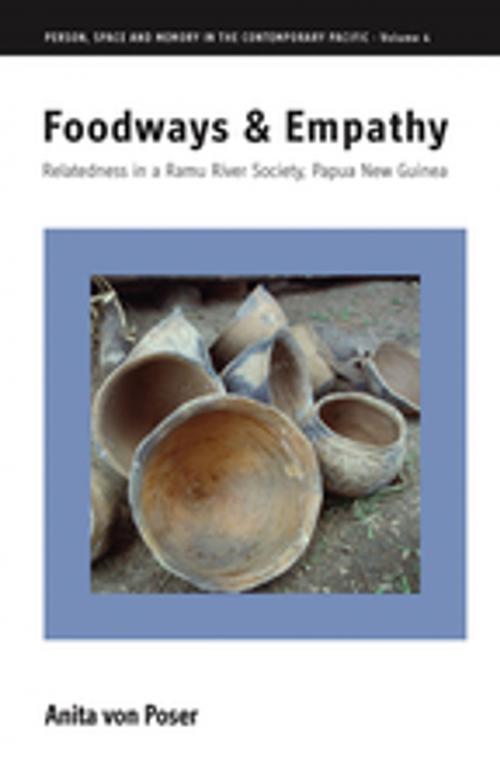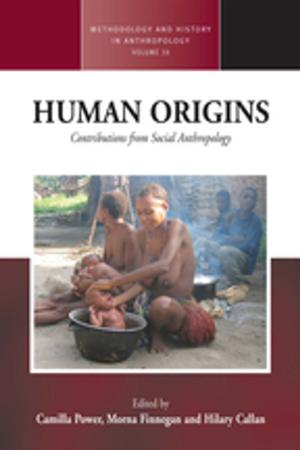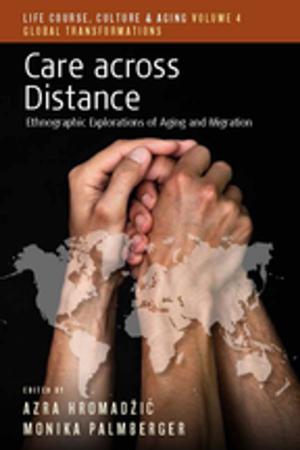Foodways and Empathy
Relatedness in a Ramu River Society, Papua New Guinea
Nonfiction, Social & Cultural Studies, Social Science, Anthropology| Author: | Anita von Poser | ISBN: | 9780857459206 |
| Publisher: | Berghahn Books | Publication: | July 1, 2013 |
| Imprint: | Berghahn Books | Language: | English |
| Author: | Anita von Poser |
| ISBN: | 9780857459206 |
| Publisher: | Berghahn Books |
| Publication: | July 1, 2013 |
| Imprint: | Berghahn Books |
| Language: | English |
Through the sharing of food, people feel entitled to inquire into one another’s lives and ponder one another’s states in relation to their foodways. This in-depth study focuses on the Bosmun of Daiden, a Ramu River people in an under-represented area in the ethnography of Papua New Guinea, uncovering the conceptual convergence of local notions of relatedness, foodways, and empathy. In weaving together discussions about paramount values as passed on through myth, the expression of feelings in daily life, and the bodily experience of social and physical environs, a life-world unfolds in which moral, emotional, and embodied foodways contribute notably to the creation of relationships. Concerned with unique processes of “making kin,” the book adds a distinct case to recent debates about relatedness and empathy and sheds new light onto the conventional anthropological themes of food production, sharing, and exchange.
Through the sharing of food, people feel entitled to inquire into one another’s lives and ponder one another’s states in relation to their foodways. This in-depth study focuses on the Bosmun of Daiden, a Ramu River people in an under-represented area in the ethnography of Papua New Guinea, uncovering the conceptual convergence of local notions of relatedness, foodways, and empathy. In weaving together discussions about paramount values as passed on through myth, the expression of feelings in daily life, and the bodily experience of social and physical environs, a life-world unfolds in which moral, emotional, and embodied foodways contribute notably to the creation of relationships. Concerned with unique processes of “making kin,” the book adds a distinct case to recent debates about relatedness and empathy and sheds new light onto the conventional anthropological themes of food production, sharing, and exchange.















